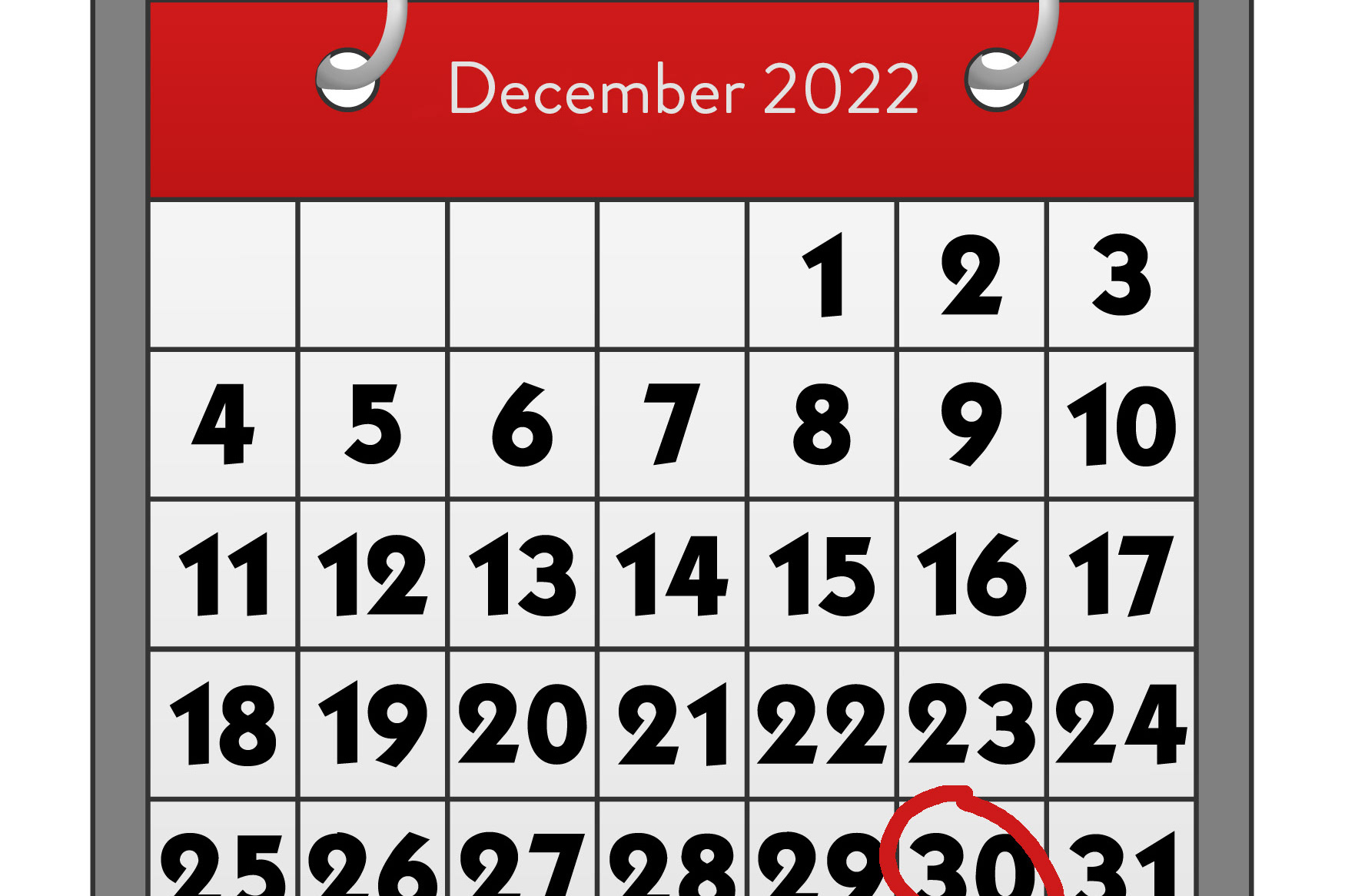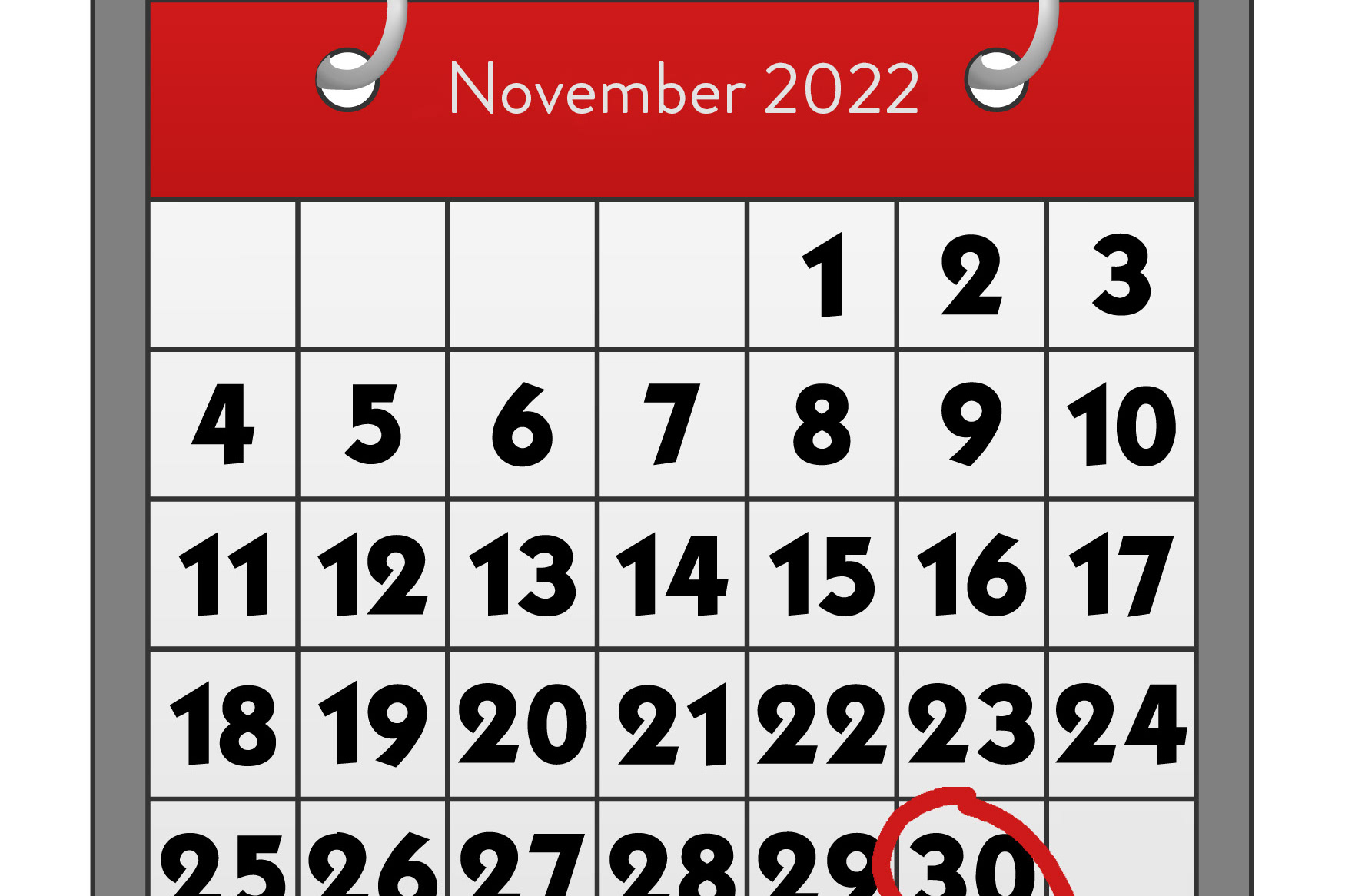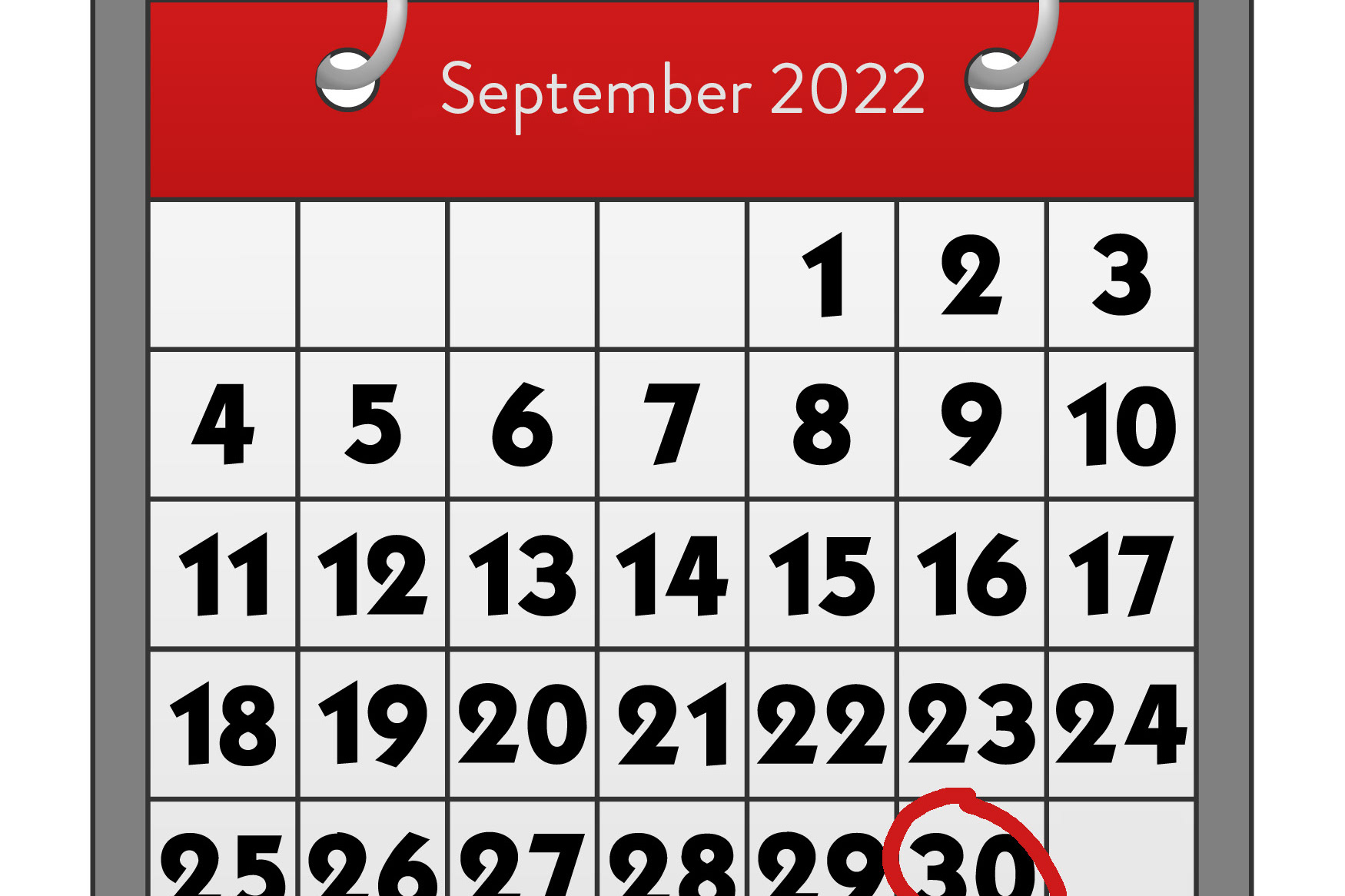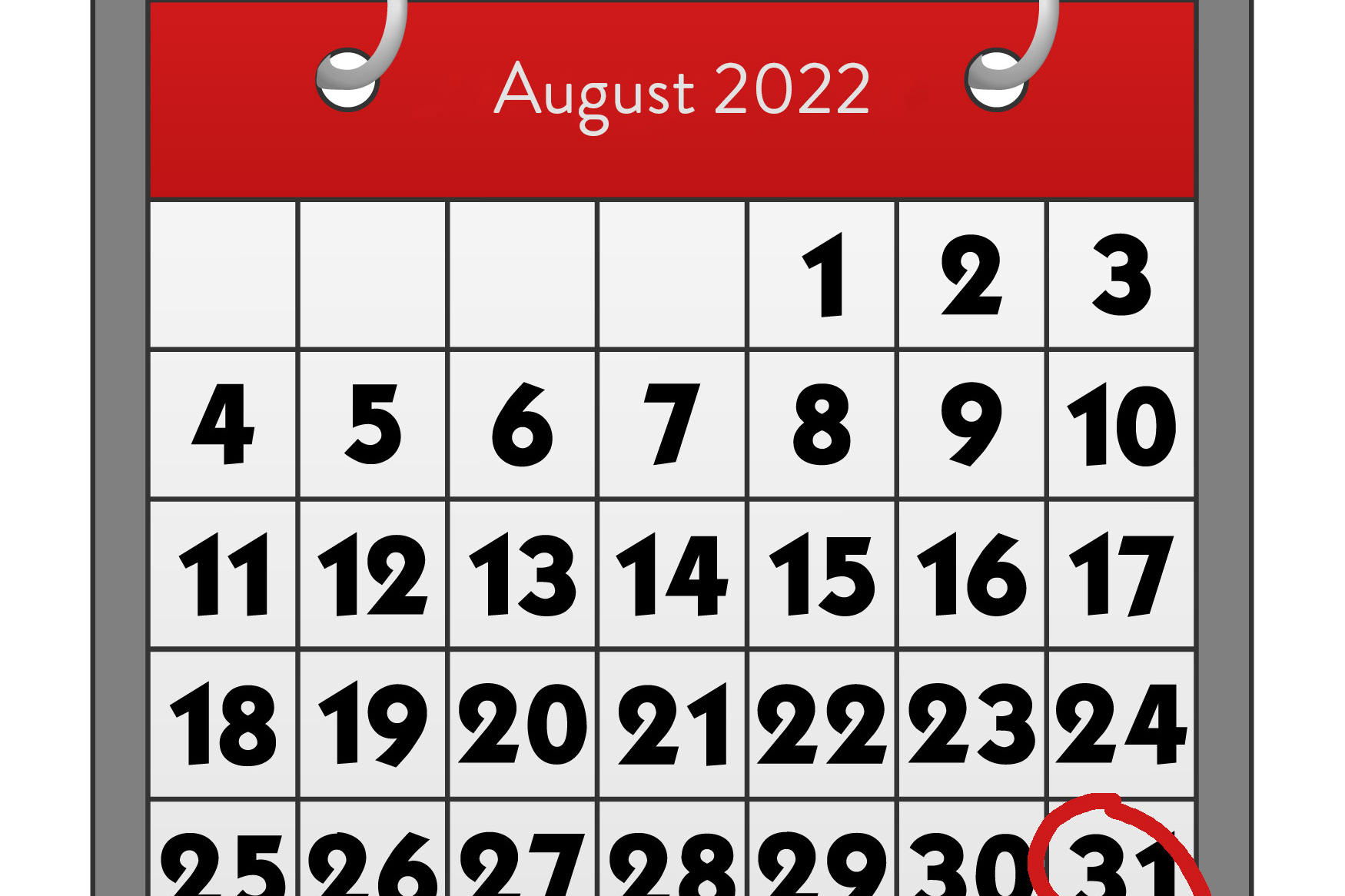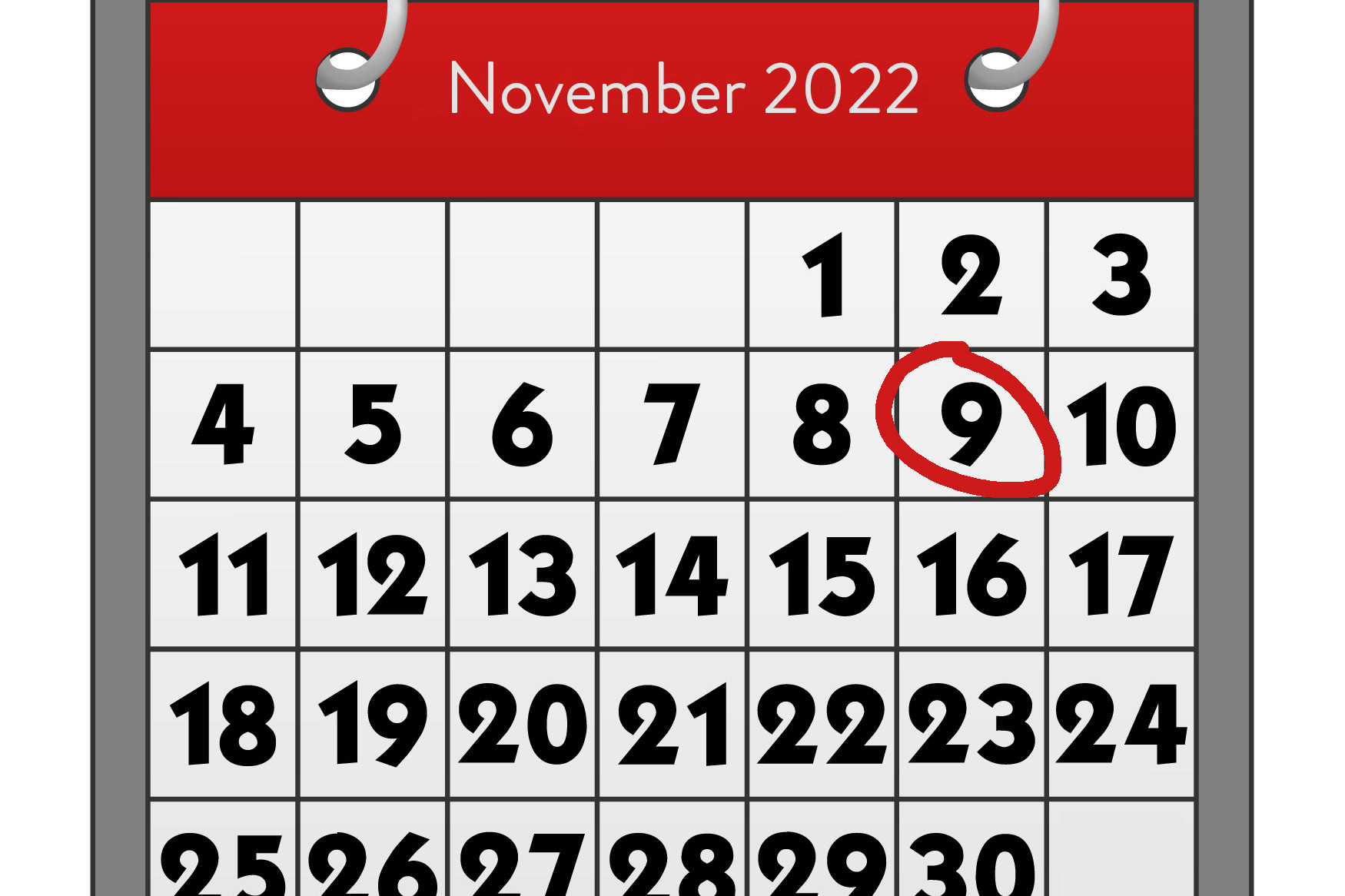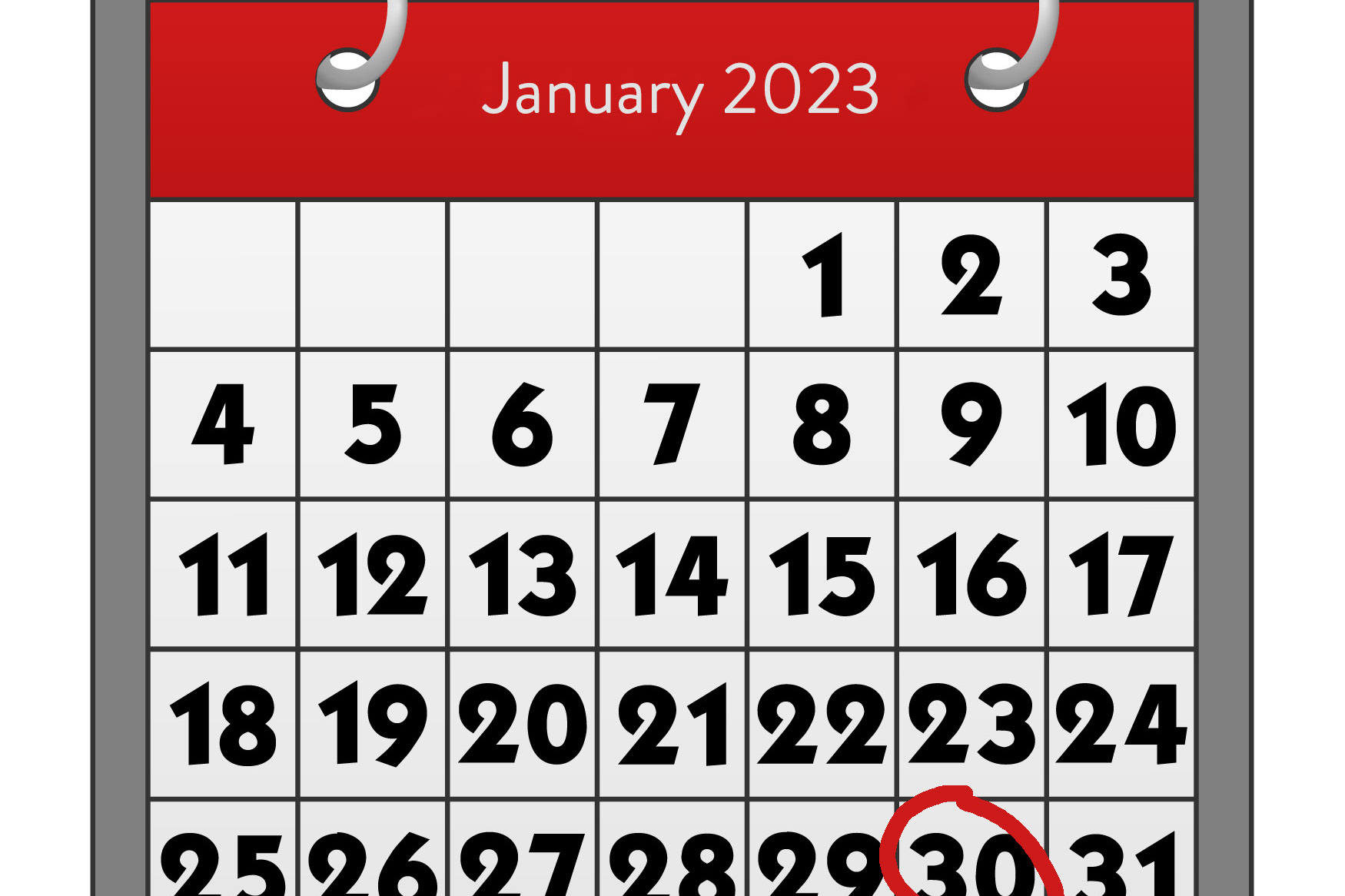October 25th, 2022
My neurotypical disguise - was it worth the effort?
Firstly, I would like to thank everyone who has bought a paperback copy of my book. For those of you who would like to purchase a digital copy of The Odd Piece, the book is now available as an ebook through Google Play.
In my previous blog post, I introduced my Cloak of Conformity and Corset of Expectation, a bespoke, handmade virtual costume designed and tailored by myself to help me disguise my autistic traits.
Having spent a lot of time and effort creating this heavy and cumbersome disguise, which has only served to portray a false and confusing version of the real me, I have to ask myself if it has been worth it.
Certainly, when I was younger, there is no doubt that the cloak and the corset were essential tools in my teenage survival kit and without them I think my life would have been a lot more challenging. At secondary school most of the girls hung around in groups. I was envious of their friendships and I desperately wanted to be part of this sense of belonging. The problem was that I had no clue how go about it. How they ended up together was a complete mystery to me. I couldn’t understand why I was an outsider but I knew all too well that this on its own was sufficient ammunition for the school bullies. I learnt about safety in numbers and I hoped that belonging to a group and being accepted by my peers would make me less vulnerable. So, if the only way of fitting in was by creating an elaborate disguise, then so be it. And I don’t regret this for one moment. It was a question of trying to survive the best way I knew how.
Fast forward to now, and things are very different. It is true that I have continued to wear my disguise throughout my adult life. However, nowadays the cloak and the corset spend a lot more time tucked away at the back of the wardrobe.
I think a lot of this comes down to the fact that I am more self-confident as a result of my autism diagnosis. It is difficult to put across in words but, having an explanation for some of my behaviour, has given me confidence in my own identity. I am not ashamed of my diagnosis and I don’t feel the need to hide my autism from anyone.
Not only has my diagnosis enabled me to accept my autism but it has also allowed me to talk openly about some of the challenges I face. And for me, this switch from deception to honesty is a massive relief. When I am faced with a situation which makes me feel uncomfortable or anxious, I am now more able to speak up and express my concerns.
And this in turn has, on the whole, been met with a positive response. When we don’t understand why a person is behaving the way they do then we naturally back off and can even feel scared. It isn’t unusual to be frightened of the unknown. Armed with a degree of understanding, however, people in general tend to feel more at ease. When I explain, for example, that I find it difficult to cope with last minute changes, people make an extra effort to let me know as soon as possible if anything has changed. This might seem trivial to some people but trust me when I say that it makes a huge difference to me. And, I genuinely don’t think that people want to cause me anxiety on purpose. It is simply the case that they are not aware of the consequences that some actions might have on me.
Something else which has made it easier for me to be more open about my autism is the increased understanding and acceptance of autism within society. Certainly, if I had been diagnosed with autism earlier on in my life, I might have thought twice about being so honest. At school I don’t remember ever coming across the word autism and I wouldn’t be surprised if the term ‘Special Educational Needs’ didn’t exist.
I realise that there is still a lot of work to be done to combat misconception and prejudice and that not everybody’s experience is a positive one. And, as a result, there are autistic people who choose not to disclose their diagnosis for fear of repercussion. However, progress is being made and I am hopeful that society will continue to move in the right direction.
Maybe this progress is something we can thank social media for. Although I have a love/hate relationship with social media platforms, I do think they can play an important role in raising awareness and understanding of neurodiversity as a result of their access to an ever growing global audience.
So, going back to my original question, I would say that, without doubt, the cloak and the corset have been invaluable tools in helping me navigate the neurotypical world. Although I am now much less reliant on my disguise, it will always be in the wardrobe, ready to put on whenever it is needed.
Thank you for taking the time to read my blog. If you would like to share any of your own thoughts, then please feel free to leave a comment.
Next month I want to pick up on the comment I made about my relationship with social media and talk to you about the cycle of dopamine or despair.

